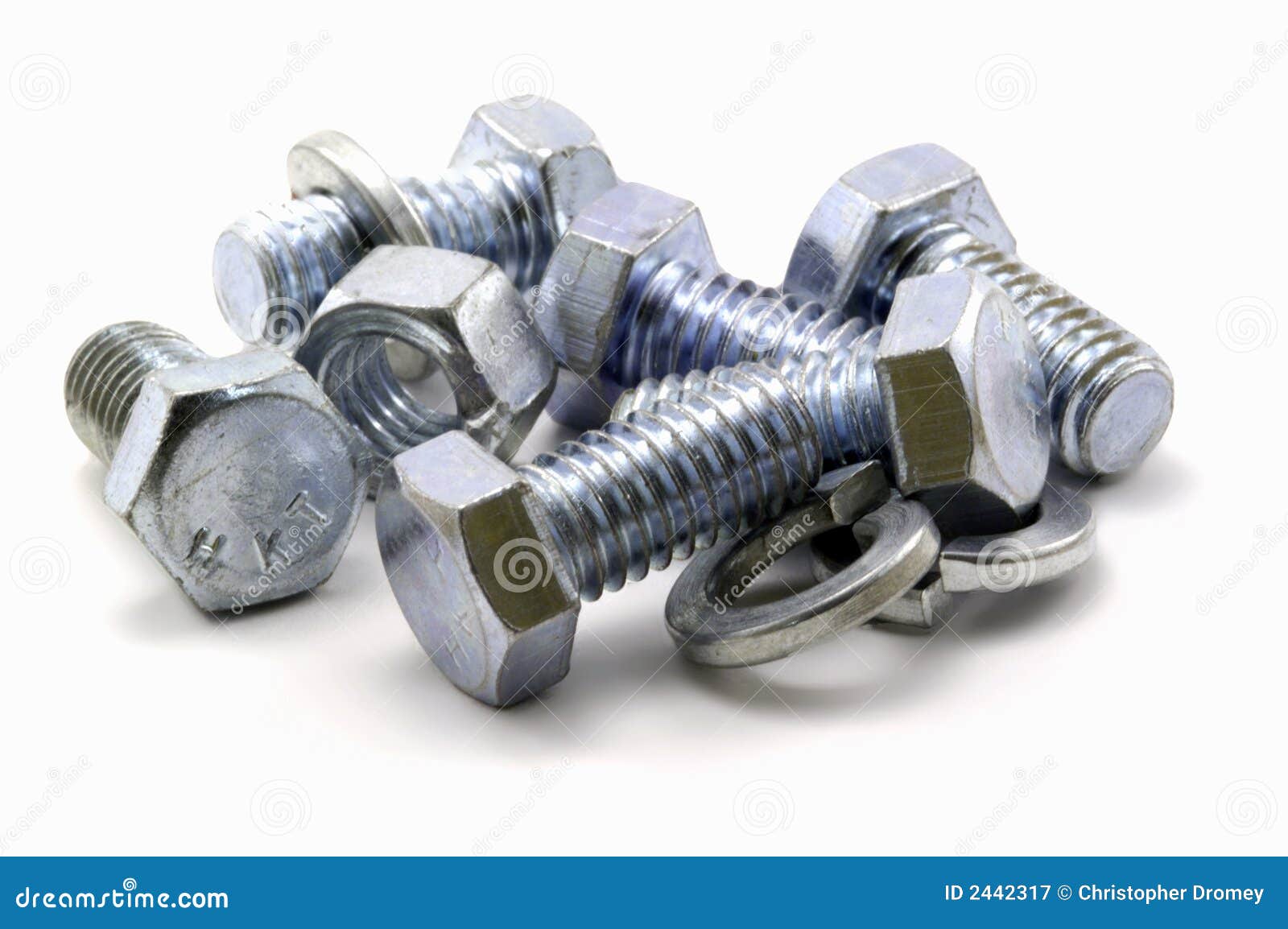Within the realm of construction, manufacturing, and DIY tasks, fasteners and bolts play a vital role as essential fasteners. Such seemingly basic components are instrumental to the construction of countless structures and devices. Grasping the development of fasteners and screws not just underscores their importance in contemporary technology but also uncovers the complex designs and advancements that have appeared over the years. From their earliest versions to the present day's varied array of specialty components, the path of fasteners and screws is a captivating reflection of mankind's ingenuity and practicality.

As we dig further into this subject, we will explore the various types of nuts and bolts, their specific uses, and key considerations to take into account when selecting the appropriate fastener for your project. Whether a experienced expert or a DIY enthusiast, having a comprehensive understanding of various fasteners can make a significant impact in the outcome and longevity of your projects. Join along as we navigate through the nuances of nuts, screws, and everything in between, providing you with the insights needed to make wise decisions for your upcoming endeavor.
Types of Nuts and Bolts
Nuts and bolts are crucial pieces used in diverse applications, all designed to serve particular goals. The most widely used type of bolt is the hex bolt, characterized by its hex head, making it simpler to tighten and loosen with a tool. Another popular choice is the carriage bolt, which features a circular head and a quadrate neck that prevents the fastener from rotating after installation. Lag bolts, also known as lag fasteners, are specially designed for heavy applications, providing a durable hold in wood and other materials.
Nuts also come in different styles, all tailored for particular functions. Standard hex nuts are commonly utilized and compatible with many types of fasteners, while lock nuts are designed to prevent loosening due to shaking. Washer nuts, featuring a integrated washer, spread the load over a wider area and reduce the risk of harm to the material. Knowing these various types helps in selecting the right fastener for a project, guaranteeing a safe and long-lasting connection.
For specialized needs, unique fasteners are available, such as nylon lock nuts that offer an added layer of security by stopping threaded movement. Additionally, safety fasteners, like anti-tamper nuts and bolts, are essential in applications where unauthorized access is a risk. By learning with the various types of nuts and bolts, you can make educated choices that improve the effectiveness of your construction or repair tasks.
Materials and Coatings
These substances utilized in nuts and screws serve a vital role in assessing their durability, longevity, and fit for various purposes. Carbon steel is the most common material because of its elevated tensile strength and flexibility. It’s commonly used in building and vehicle applications. For environments exposed to moisture or detrimental elements, corrosion-resistant steel is favored for its ability to rust and corrosion, making it perfect for external projects. Brass and titanium are also used, with copper alloy being effective in electrical applications due to its conductivity, while titanium offers a superior strength-to-weight ratio, making it widely used in aviation and high-performance contexts.
Coatings are also crucial as they enhance the functionality and longevity of nuts and bolts. Zinc coating, for instance, provides a barrier against corrosion and is frequently found on bolts used in environments where moisture is present. Zinc-coated fasteners, which undergo a stronger coating process, offer enhanced corrosion resistance, making them appropriate for robust outdoor applications. Additionally, powder finish can provide both aesthetic appeal and functional protection against wear and corrosion.
Choosing the appropriate material and coating is vital for optimizing the efficacy of nuts and bolts. Factors such as the conditions, load requirements, and chemical exposure must be taken into account. For Socket Head Cap Screws , selecting coatings that resist corrosion like PTFE or nylon can significantly increase longevity in adverse conditions, while opting for a designated material can ensure the fasteners can handle the essential pressure and weight loads in their designated applications.
Unique Fasteners
Specialty fasteners play a key role in diverse applications where standard nuts and bolts may not be adequate. For instance, tamper-proof fasteners are designed to prevent unauthorized access or removal, making them perfect for security-sensitive installations. These unique nuts and bolts frequently require specialized tools for installation and removal, adding an additional layer of security in environments where safety is a top consideration.
Another notable category is anchor bolts, which are crucial in construction for securing structures to concrete foundations. They offer stability and strength, especially in heavy-duty projects. When picking anchor bolts, it is important to consider factors such as the type of load they will withstand and the environment in which they will be used, ensuring that they provide the necessary support for durable performance.
In addition to security and construction applications, there are also distinct fasteners like nylon lock nuts. These nuts feature a nylon insert that secures the nut in place, preventing it from loosening due to vibration or movement. Their unique characteristics make them suitable for various machinery and automotive repairs where ensuring tight connections is vital for operational safety and efficiency.
